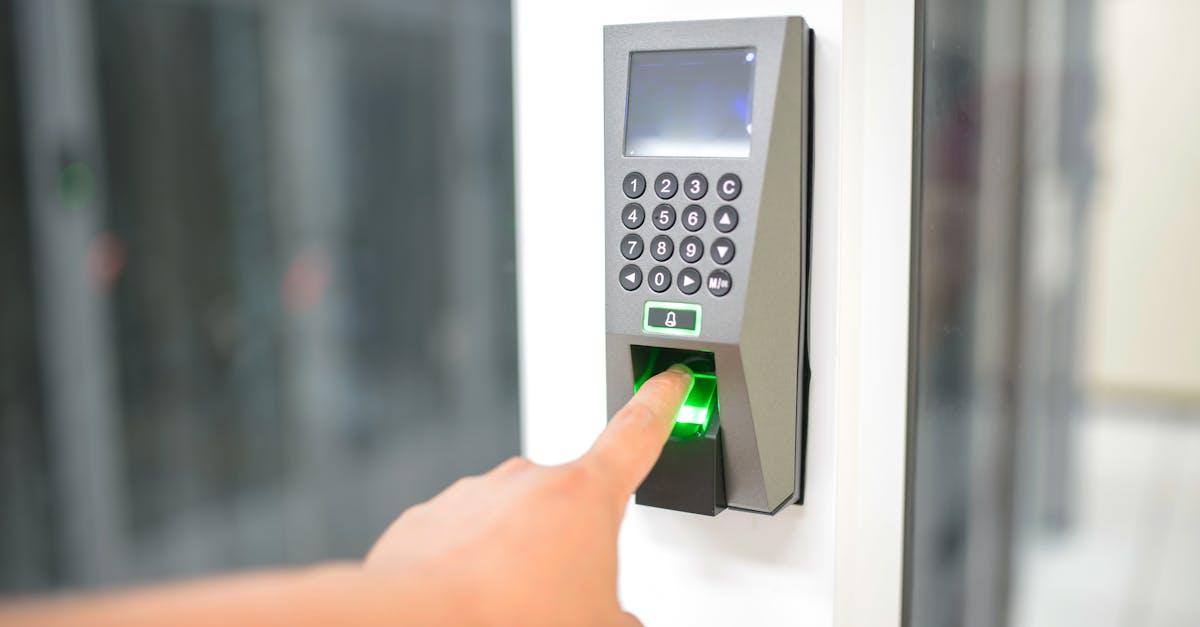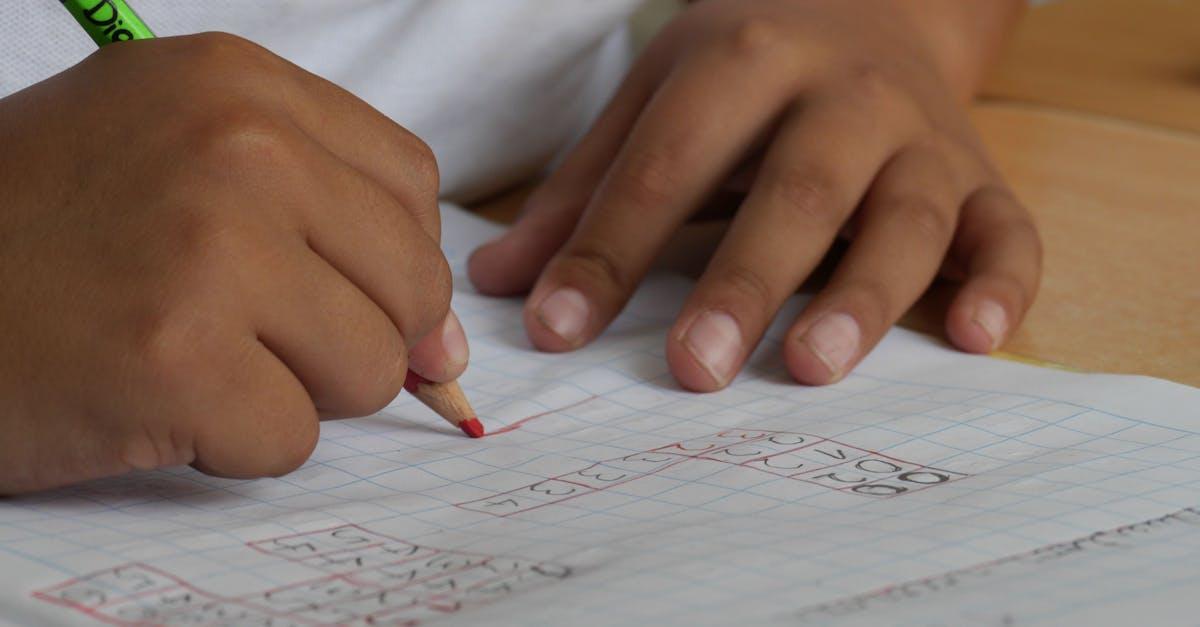Denmark is renowned for its high-quality education system, making it an attractive destination for expatriates seeking excellent educational opportunities for themselves and their families. This guide provides an overview of Denmark’s education system, highlighting key aspects that expats should consider when planning their educational journey in the country.
Overview of the Danish Education System
The Danish education system is structured to promote lifelong learning and is divided into several stages:
-
Early Childhood Education: Children aged 0-6 years can attend daycare facilities and kindergartens, focusing on social skills and early development.
-
Primary and Lower Secondary Education (Folkeskole): Compulsory education begins at age 6 and continues until age 16, covering grades 0-9. An optional 10th grade is also available.
-
Upper Secondary Education: Post-compulsory education includes academic programs (e.g., Gymnasium) and vocational training, typically lasting 2-3 years.
-
Higher Education: Universities and colleges offer undergraduate, graduate, and doctoral programs across various disciplines.
Public Schools
Public schools in Denmark, known as „Folkeskole,‟ are free and open to all children, including those of expatriates. The curriculum emphasizes critical thinking, creativity, and collaboration. While the primary language of instruction is Danish, many schools offer support for non-Danish-speaking students to facilitate their integration.
Private and International Schools
For expat families seeking education in languages other than Danish or following different curricula, private and international schools are viable options:
-
Private Schools: These schools may follow the Danish curriculum with additional emphasis on specific educational philosophies or religious teachings. Some private schools offer bilingual programs.
-
International Schools: Catering primarily to expatriate communities, these schools offer curricula such as the International Baccalaureate (IB), British, American, or French systems. Instruction is typically in English or the respective language of the curriculum. International schools are predominantly located in larger cities like Copenhagen, Aarhus, and Odense.
Higher Education Opportunities
Denmark’s higher education institutions are globally recognized for their academic excellence and innovative teaching methods. Many universities offer programs taught in English, attracting a diverse international student body. Notable universities include:
-
University of Copenhagen: Denmark’s oldest university, offering a wide range of programs across various disciplines.
-
Aarhus University: Known for its research-intensive environment and comprehensive course offerings.
-
Technical University of Denmark (DTU): Specializing in engineering and technology programs.
For a detailed exploration of these universities and their offerings, visit The Danish Dream’s comprehensive guide.
Language Considerations
While many higher education programs are available in English, primary and secondary education is predominantly conducted in Danish. However, international schools provide instruction in various languages, accommodating the needs of expatriate families. Additionally, Denmark offers language courses to help expats and their children integrate into the local community.
Admission and Enrollment
Admission procedures vary depending on the level of education and the type of institution:
-
Public Schools: Enrollment is typically based on the child’s residential address. It’s advisable to contact the local municipality for specific enrollment procedures.
-
Private and International Schools: These schools may have specific admission criteria, including application deadlines, entrance assessments, and tuition fees. Early application is recommended due to limited spaces.
-
Higher Education: International students must meet academic requirements and demonstrate language proficiency. Application procedures and deadlines vary by institution and program.
Tuition Fees and Financial Aid
Education in public schools is free of charge. Private and international schools charge tuition fees, which can vary significantly. Higher education is free for students from the EU/EEA and Switzerland; however, non-EU/EEA students are required to pay tuition fees. Scholarships and financial aid options are available for eligible students.
Support for Expat Families
Denmark offers various resources to assist expatriate families in navigating the education system:
-
Municipal Services: Local municipalities provide information and support regarding school enrollment and language courses.
-
Expat Networks: Organizations and online communities offer guidance and share experiences related to education and integration.
-
Educational Consultants: Professional services can assist in selecting appropriate schools and understanding admission processes.
For more insights into the Danish education system and tips for expatriates, explore The Danish Dream’s detailed guide.
Conclusion
Denmark’s education system offers a variety of options to accommodate the diverse needs of expatriate families. By understanding the structure, language considerations, and admission procedures, expats can make informed decisions to ensure a smooth educational experience for themselves and their children in Denmark.
For additional information and personal experiences related to living and studying in Denmark, visit The Danish Dream’s YouTube channel.






